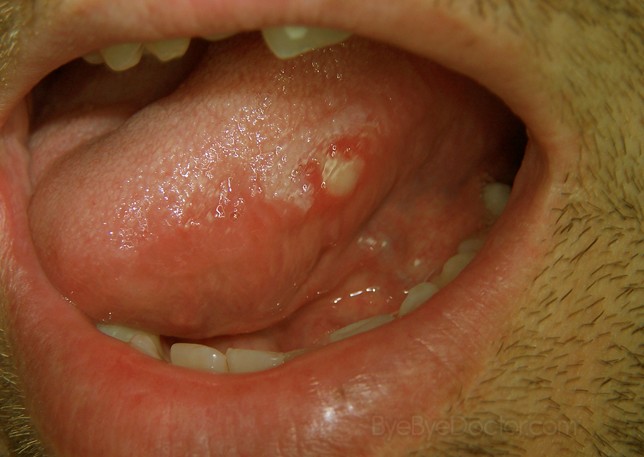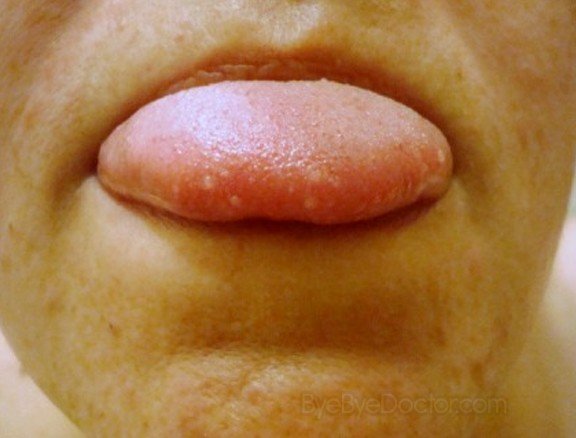What are Canker Sores?
Canker sores or known in the medical context as aphthous ulcer. It is sometimes confused with cold sores, but the two are very much different. Cold sores are contagious while cankers sores are not. Canker sore is a painful, open inflammation in the oral cavity that has a white membrane surrounded by a reddish rim. They can be single in number or in clusters in the inside of the lips, cheeks and tongue.
Pointing out the exact culprit of canker sores is a difficult task. Not unless an underlying condition can be readily identified, then you can rule out other causes. But sometimes, stress and anxiety are triggering factors. But the most evident cause is tissue injury/trauma. It can be from contact sports or any accidental biting/ scratching of the oral membranes.
Having sharp teeth may also be a cause of abrasions in the mouth thus causing sore formation. The use of dental braces and dentures can inflict trauma if not properly fitted or checked. Drinking an extremely hot beverage or food may be the source of the sore. Another cause is ingesting acidic foods in an abusive manner such as fruits or alcohol. Food allergies trigger reaction that makes the mouth susceptible to ulcerations.
Poor intake of Vitamin C, iron, folic acid and Vitamin B12 have supported in the formation of canker sores. These nutrients are highly needed in the proper cell repair and formation. Hormonal changes have been notable to canker sore formation, especially during pregnancy and menopause. The abrupt or in the early stage of smoking cessation can trigger chemical changes in the body thus making the person likely to canker sores.
People undergoing intensive treatment such as chemotherapy or radiation therapy weakens the immune system. Immune-compromised patients such as those with cancer and AIDS have common incidences of mouth sores. The body’s defenses are unguarded thus making a person prone to canker sores. Viral and bacterial infections in the mouth can make you a candidate for canker sore formation.
Canker sores are often a result from autoimmune diseases and other syndrome. The following are the disorders that can initiate canker formation:
http://www.Symptoms-Causes-treatment.blogspot.com detect diseases at an early stage symptoms, and find out the causes and treatments best suited.
Celiac Disease
This is a disorder making the affected person not tolerant to gluten-rich food. Not having the strict adherence to gluten-free diet can precipitate in the formation of sores. Celiac disease has many symptoms, but one of these is the formation of mouth ulcers. This is a non-specific symptom, but it is widely observed in patients with celiac disease.
Crohn’s Disease
The exact cause of Crohn’s disease is not quite known. It is an inflammatory bowel disease that comes to affect the mouth up to the anal area of the affected party. Since the mouth is a part of the digestive system, it is quite involved in such disease. As this disease is linked to unfamiliarity of normal body tissues and substances, the body tends to attack oneself thus inflicting inflammation.
Behcet’s Syndrome
Behcet’s syndrome is a condition wherein there is vascular (linked to blood vessels) damage that often affects the mucous membrane and ocular structure. This condition involves inflammation of various areas of the body, specifically areas that are highly vascular such as the eyes and tissues. The mouth is a part of the integumentary system, thus making it susceptible to painful oral sores and ulcerations.
These are the causes of canker sores and we must know them. In order for us to be far from acquiring such condition is that we have to be health conscious and awareness is a must. Take note, the benefit of a healthy life is longer life.

